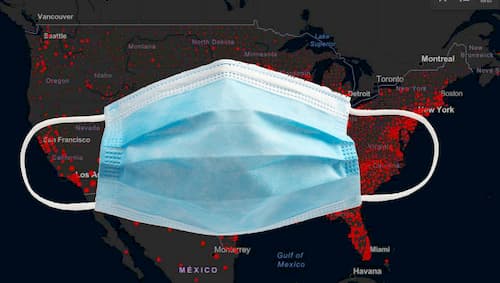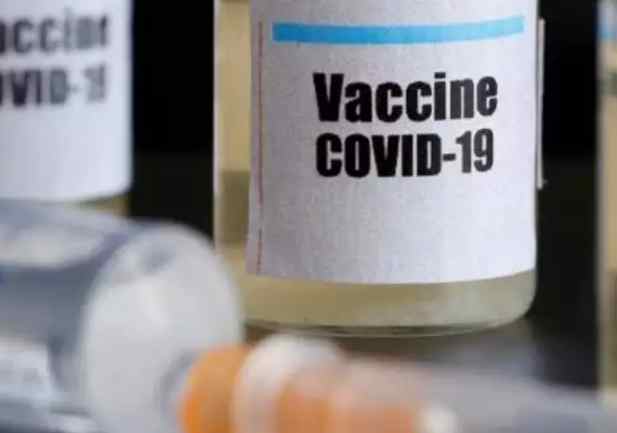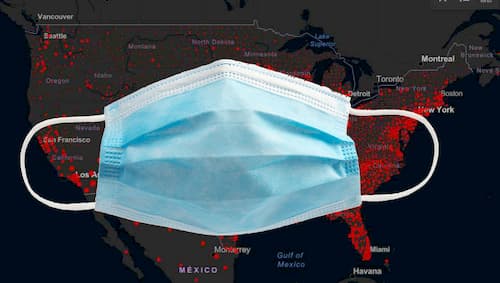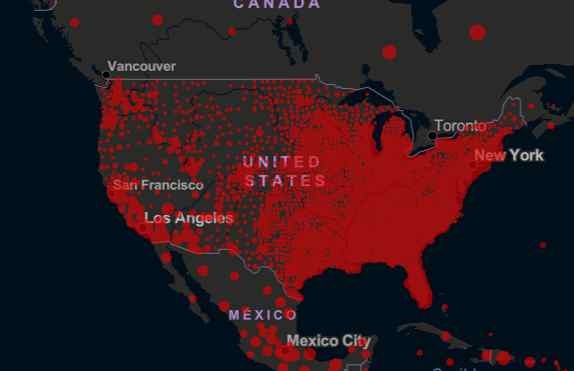The fast-spreading omicron variant of the coronavirus in Australia has led to its highest single-day death toll of the COVID-19 pandemic.
The health ministry posted 74 COVID-19 deaths Tuesday, with the fatalities spread across Australia’s three most populous states: 36 deaths in New South Wales, 22 deaths in Victoria and 16 in Queensland.
The new fatality record coincides with record numbers of new COVID-19 patients that are pushing Australian hospitals to the brink of collapse. Authorities in Victoria state imposed a “code brown” emergency for hospitals in Melbourne, its capital city, and several regional hospitals. The decree calls on hospitals to postpone non-urgent procedures and bring back staffers who are on leave or ask them to postpone scheduled leaves.
Federal Health Minister Greg Hunt told reporters Tuesday the government is activating an emergency plan to send more than 50,000 nurses and 100,000 medical staffers from private hospitals to areas across Australia most affected by the pandemic. The plan also calls for the government to tap into the national medical stockpile and make personal protective equipment available for states and territories in the event of any shortages.
Meanwhile, authorities in Japan are reportedly finalizing a plan to impose a new set of restrictions in Tokyo and several other prefectures as the country posted more than 20,000 new COVID-19 cases for Monday, with Kyodo news agency reporting that the western prefecture of Osaka will post a record 6,000 new coronavirus infections on Tuesday. The new restrictions, which could be unveiled later this week, include shorter opening hours for bars and restaurants and limiting attendance at public venues.
On the vaccine front, an Israeli hospital says results of preliminary study shows a fourth dose of a COVID-19 vaccine offers limited immunity against the omicron variant. Doctors at Sheba Medical Center near Tel Aviv inoculated 150 staffers last month with a fourth shot of either the Pfizer or Moderna vaccine. The results showed the level of antibodies from the fourth shot was higher than the third dose — the initial booster shot of the vaccine’s two-dose regimen — but was not enough to prevent a possible omicron infection.
“These are very preliminary results. This is before any publication, but we’re giving it out since we understand the urgency of the public to get any information possible about the fourth dose,” Dr. Gili Regev-Yochay, director of the hospital’s infection prevention and control unit, told reporters at a virtual news conference Monday.
The study was launched shortly after a special health advisory board recommended that people 60 years old and older, as well as those with compromised immune systems and medical workers, receive a fourth dose of the Pfizer vaccine. Dr. Nahman Ash, the director of Israel’s Health Ministry, said Israelis in that category should continue to receive the extra dose.
Meanwhile, Moderna CEO Stephane Bancel said Monday during a virtual meeting of the World Economic Forum that the drugmaker is almost finished developing a new version of its COVID-19 vaccine specifically targeting the omicron variant. Bancel said Moderna will submit the revised vaccine to regulatory approval as soon as March.
He also said the company is planning to introduce a new combination COVID-19 and influenza vaccine by late 2023 in time for the cold weather season. Bancel said the new vaccine will also be designed to provide protection against a common respiratory virus called RSV that typically causes cold-like symptoms.
[content id=”52927″][content id=”79272″]







